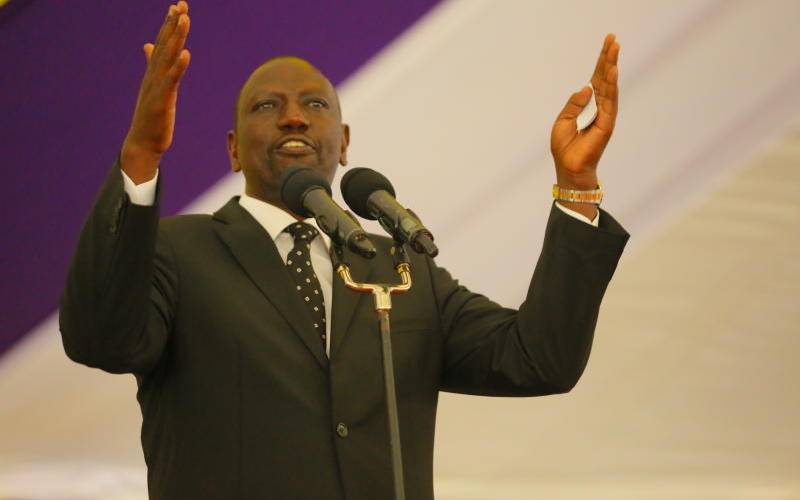×
The Standard e-Paper
Kenya’s Boldest Voice

Deputy President William Ruto was among the very first national leaders off the blocks. As soon as the five-judge bench finished pronouncing itself on the BBI Bill, he hit social media with a celebratory message. He welcomed the court verdict as divine, democratic and exemplary.
“There is God in heaven who loves Kenya immeasurably,” he said, “May God’s name be praised forever. Our democracy is anchored (in) the rule of law, constitutionalism, separation of power and respect for independent institutions.”